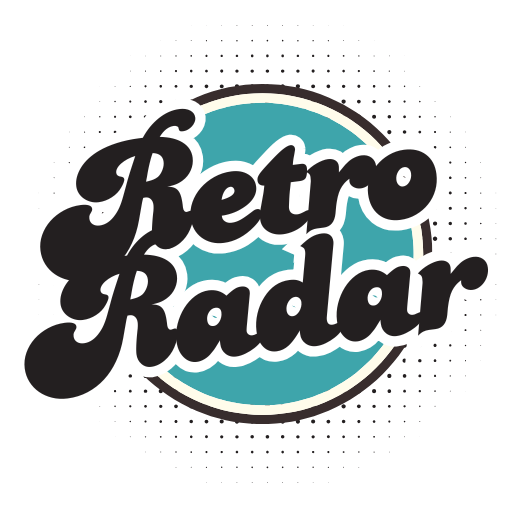22 Forgotten Shopping Mall Chains That Once Ruled the Suburbs
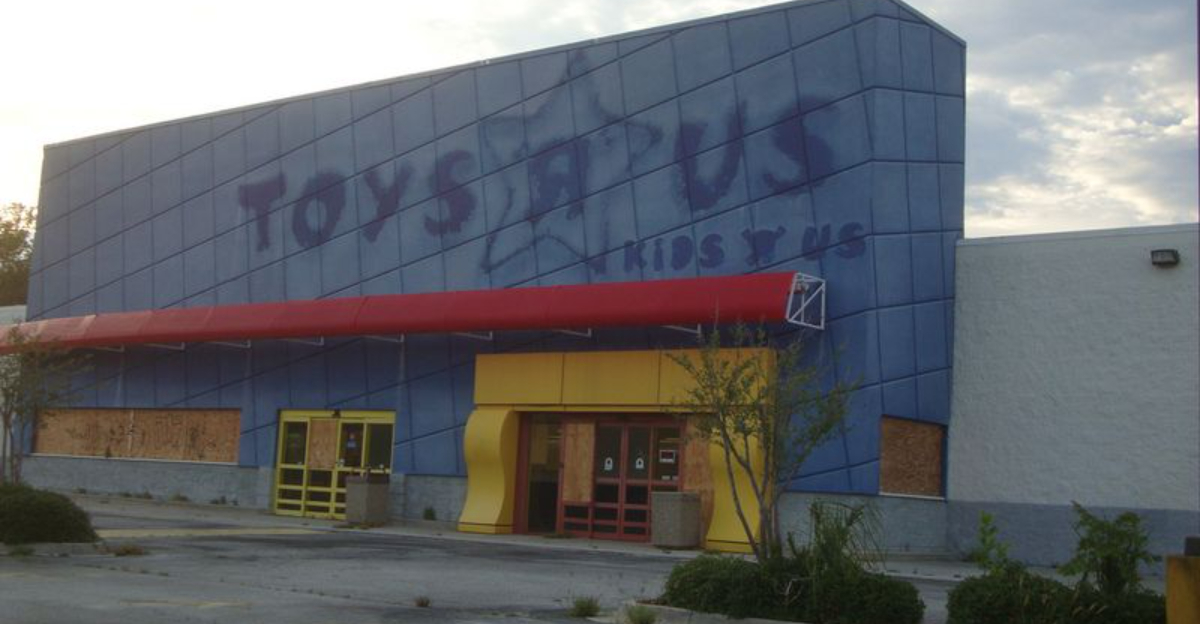
There was a time when shopping malls were the heart of suburban life, packed with bustling food courts, neon-lit arcades, and department stores that seemed too big to ever fail.
But as times changed and online shopping took over, many once-iconic mall chains slowly disappeared, leaving only memories of their heyday. Today, we’re looking back at 22 forgotten shopping mall chains that once ruled the suburbs.
From trendy clothing stores to beloved anchor retailers, these were the go-to spots for weekend hangouts, back-to-school shopping, and everything in between!
1. Woolworth’s
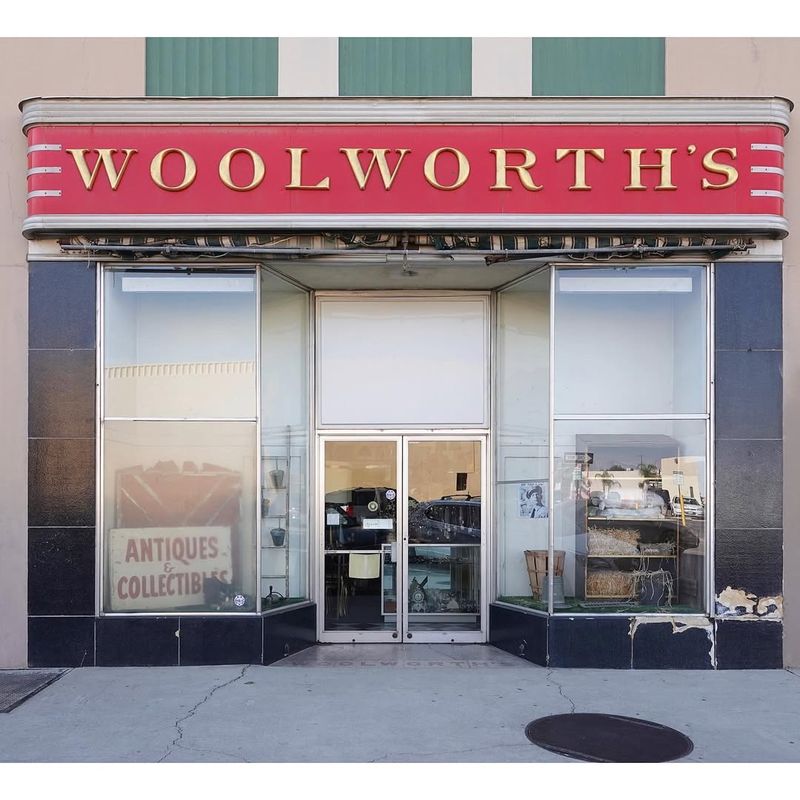
Woolworth’s was once a staple in shopping malls, known for its wide variety of goods ranging from household items to toys. Its charm lay in the store’s ability to offer something for everyone, making it a family favorite.
The iconic lunch counter was a gathering spot, offering affordable meals in a friendly atmosphere. Woolworth’s began to struggle financially as larger retailers and online shopping gained prominence.
Despite attempts to modernize, the chain couldn’t keep up with changing consumer preferences, leading to its closure. Yet, its legacy lives on in the memories of those who frequented its aisles.
2. RadioShack
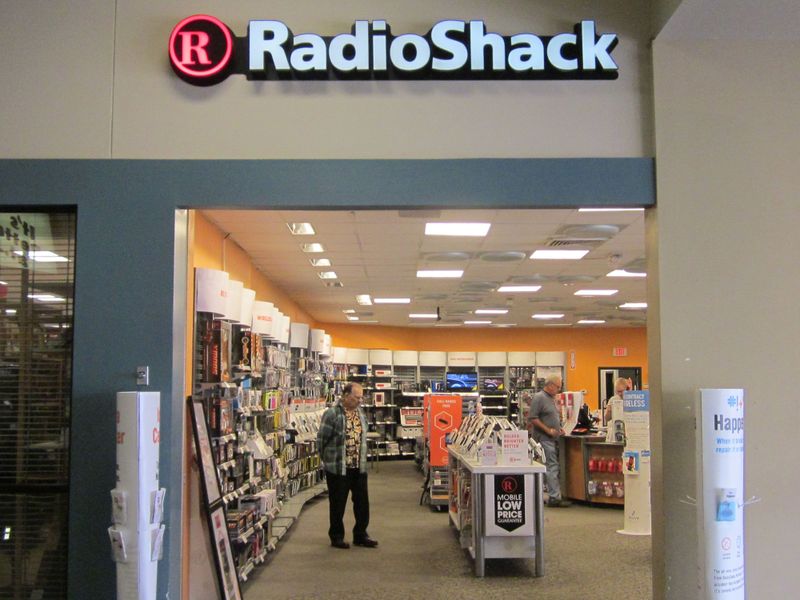
RadioShack was a sanctuary for tech lovers and curious hobbyists alike. From resistors and batteries to the latest gadgets, it was the place to find everything for your next electronics project.
With helpful staff ready to guide even the most complicated DIY ventures, RadioShack became a community hub for those diving into the world of technology. Unfortunately, as big-box stores and e-commerce took over the tech market, RadioShack struggled to adapt.
Despite efforts to reinvent itself, the beloved chain couldn’t compete in a rapidly evolving landscape. Still, for many, RadioShack remains a fond memory of hands-on tinkering and discovery.
3. Blockbuster Video
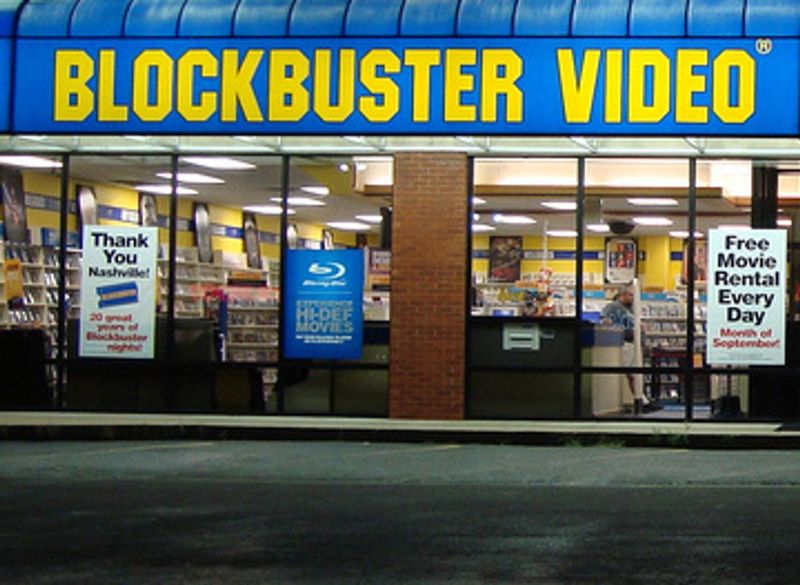
Blockbuster Video ruled the rental world, bringing the magic of movies right to your home. Its aisles were filled with an extensive selection of VHS tapes and later DVDs, catering to diverse tastes.
The ritual of choosing a movie for the weekend was a family affair, making it a beloved destination. However, the rise of streaming services like Netflix led to its decline.
Attempts to adapt to the digital age were too late, and Blockbuster eventually closed its doors. Its nostalgic charm endures, reminding us of movie nights spent with loved ones.
4. The Limited
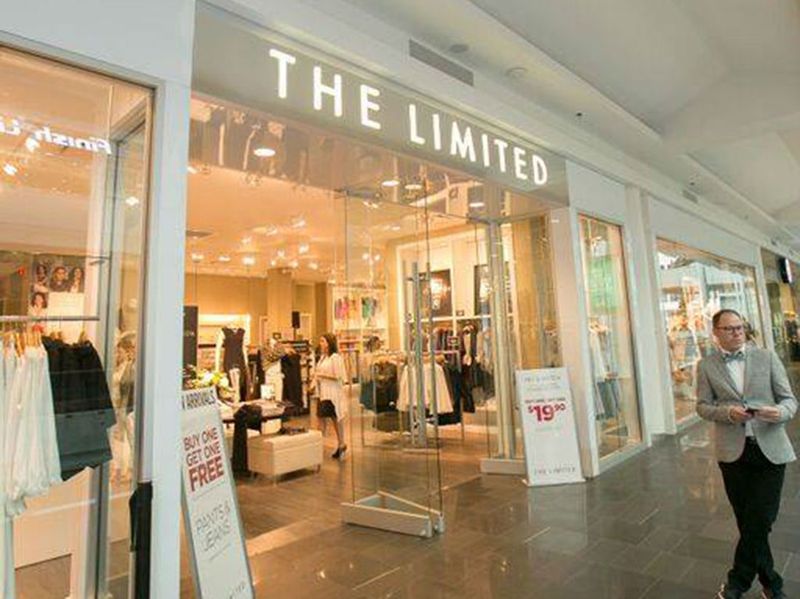
As a staple in shopping malls, The Limited defined chic, contemporary fashion for women. Known for its polished pieces, it became the go-to store for professional and casual wardrobe staples.
Stylish without being over-the-top, The Limited catered to women who wanted confidence in every outfit. Yet, as fast fashion brands rose to dominance, The Limited struggled to retain its edge.
Attempts to refresh the brand fell short, and its stores eventually disappeared. Nonetheless, for many shoppers, The Limited still symbolizes sophisticated fashion with a modern flair that’s hard to forget.
5. Toys “R” Us
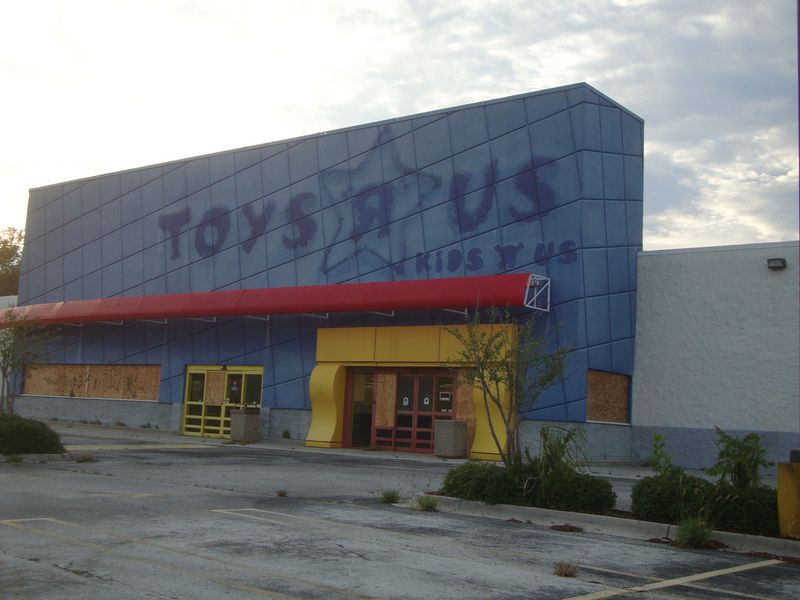
Toys “R” Us was a paradise for children, offering an endless selection of toys that sparked imagination and joy. Its iconic jingle and Geoffrey the Giraffe mascot were beloved by kids everywhere.
The store was synonymous with childhood bliss, providing the latest and greatest in toys and games. However, the retail landscape shifted, with online shopping offering convenience that traditional stores couldn’t match.
Despite attempts to reinvent itself, Toys “R” Us eventually closed, leaving a void in the hearts of many. It remains a cherished memory of playful exploration.
6. Sears
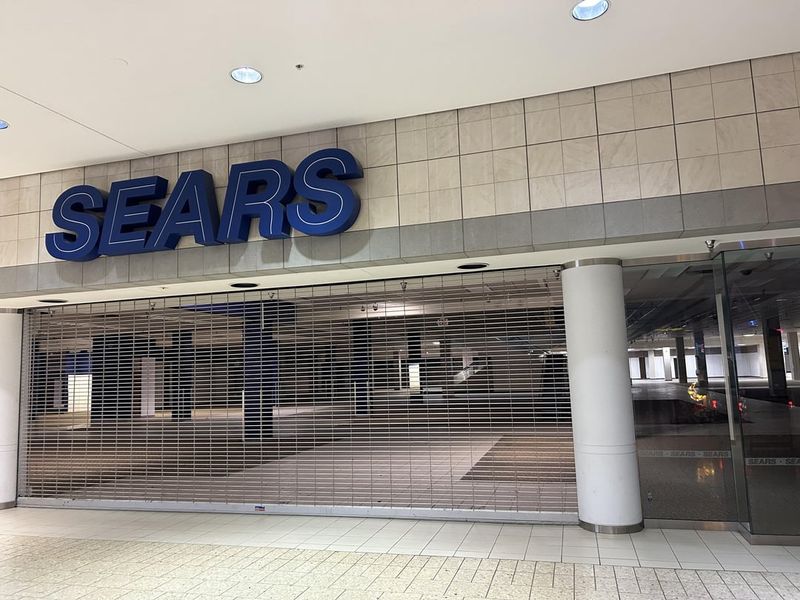
Once a titan of American retail, Sears was known for offering nearly everything under one roof. From tools and appliances to clothing and furniture, it was the department store that had it all.
Its massive catalogs were fixtures in homes for generations, offering a window into the latest products. But as online shopping boomed and retail competition stiffened, Sears began to falter.
Despite repeated efforts to modernize, the chain could not regain its footing. Still, Sears holds a special place in the hearts of shoppers who remember browsing its aisles and catalog pages for everything they needed—and wanted.
7. K-B Toys
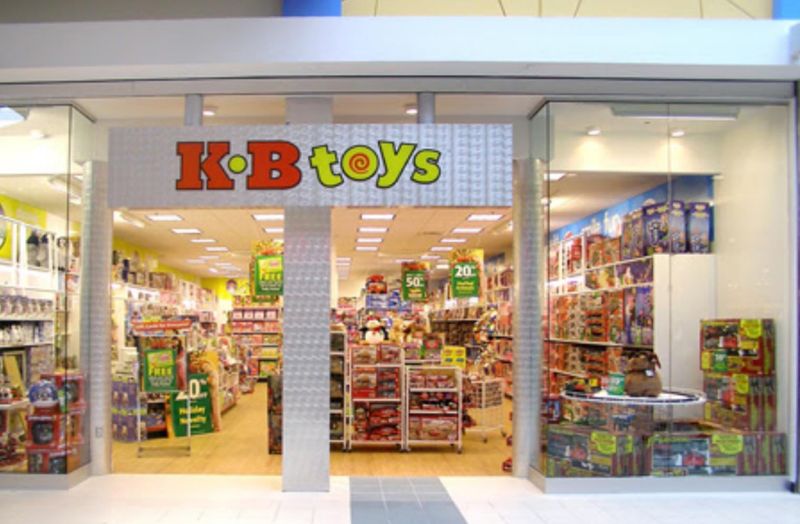
K-B Toys was a treasure trove for children, offering a vibrant selection of toys, games, and novelties. Its stores were compact yet filled with the latest in children’s entertainment.
Known for its friendly atmosphere and frequent sales, K-B Toys was a go-to destination for birthday gifts and holiday shopping. However, competition from larger retailers and online giants took its toll.
Attempts to stay competitive were unsuccessful, leading to its eventual closure. K-B Toys remains a nostalgic memory for those who delighted in its playful aisles.
8. Circuit City
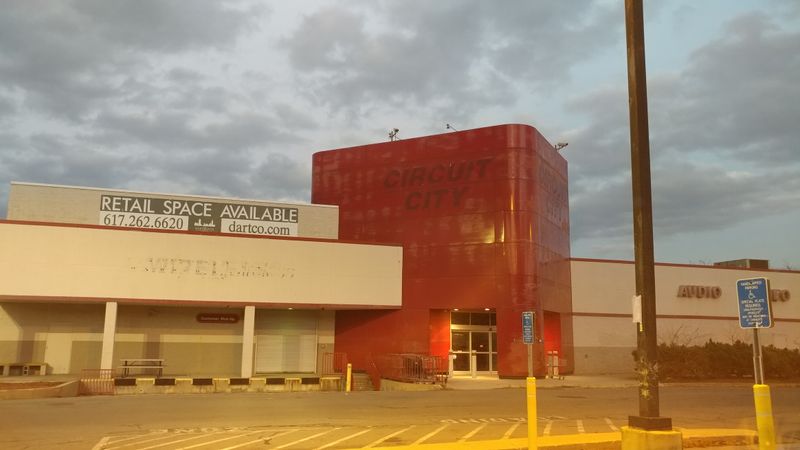
Circuit City was once a leading destination for all things electronics. Shoppers could find everything from the latest televisions to computer accessories, and helpful staff guided customers through their purchases.
The store became known for letting customers interact with products in ways that big-box competitors often didn’t allow. But as online giants like Amazon grew and rivals like Best Buy captured more market share, Circuit City found itself struggling to compete.
Despite attempts to stay relevant, Circuit City eventually shut its doors, but for many, memories of testing out speakers or browsing gadgets remain vivid.
9. Mervyn’s
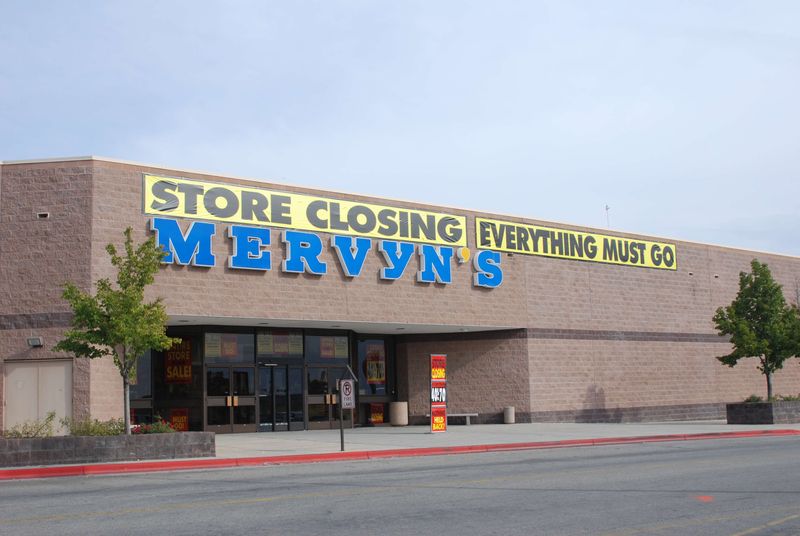
Mervyn’s was a beloved department store, known for its wide selection of affordable clothing and home goods. Its family-friendly atmosphere made it a popular choice for suburban shoppers.
The store excelled in offering quality products at competitive prices, catering to a diverse customer base. However, financial difficulties and increased competition led to its decline.
Despite efforts to revitalize its brand, Mervyn’s couldn’t withstand the changing retail landscape. It remains a fond memory for those who enjoyed its friendly shopping experience.
10. Borders
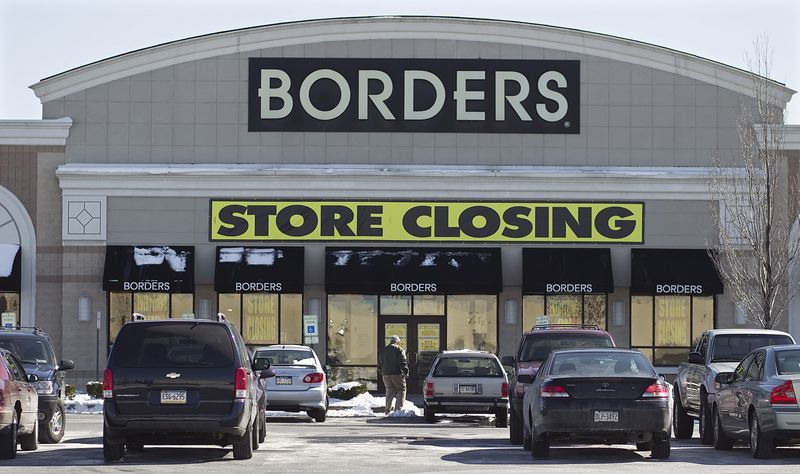
For book lovers, Borders was much more than a store—it was a welcoming escape filled with endless stories. Known for its wide selection and cozy cafés, Borders was a place where readers could relax and browse for hours.
Author events and community gatherings made Borders a local hub, fostering connections over shared literary passions. But as digital books and online retailers changed the way people read, Borders couldn’t keep up.
Though its doors are now closed, many still remember the joy of discovering a new favorite book while sipping coffee in one of its iconic locations.
11. Sam Goody
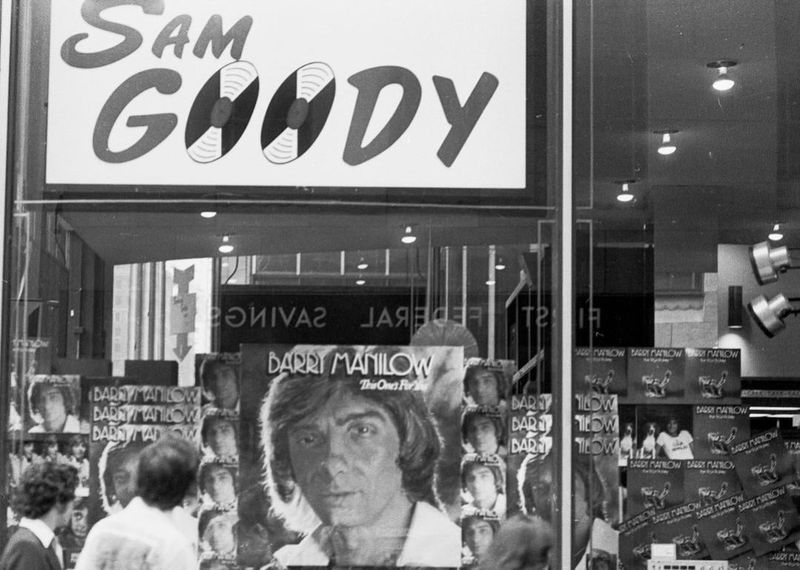
Sam Goody was a music lover’s paradise, offering a wide selection of CDs, vinyl records, and cassettes. The store was a hub for discovering new music and connecting with fellow enthusiasts.
Known for its vast array of genres and knowledgeable staff, Sam Goody played a vital role in shaping musical tastes. However, the digital music revolution and online platforms transformed the industry.
Attempts to modernize couldn’t compete with digital convenience, leading to its closure. Sam Goody remains a nostalgic emblem of the tactile music shopping experience.
12. B. Dalton Bookseller
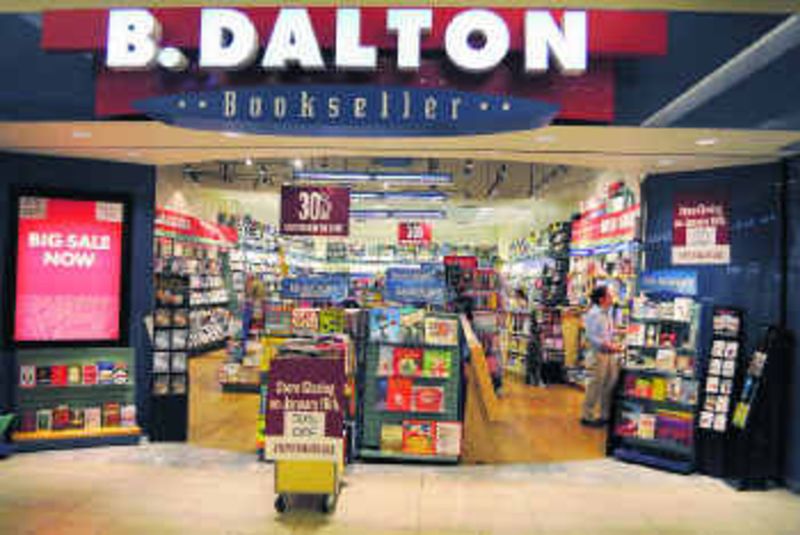
Before the era of massive bookstores and online retailers, B. Dalton Bookseller was a favorite among avid readers. Found in malls across the country, it provided a curated, intimate browsing experience that larger chains couldn’t replicate.
With a knowledgeable staff and a cozy atmosphere, B. Dalton was more than a store—it was a community hub for readers of all ages. Unfortunately, as larger competitors and e-commerce grew, B. Dalton struggled to stay afloat.
Its eventual closure left a void, but for many, the memories of discovering beloved books in its aisles still linger fondly.
13. Montgomery Ward
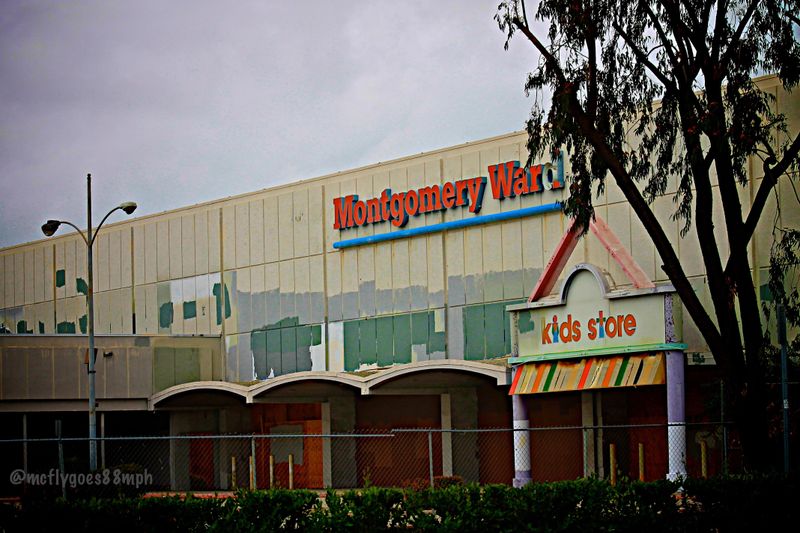
Montgomery Ward was a retail giant, offering a wide range of products from clothing to appliances. Its catalog was a household staple, connecting consumers to endless possibilities.
The store was known for its quality and variety, making it a one-stop shop for families. However, financial struggles and increased competition led to its decline.
Efforts to revitalize the brand were unsuccessful, leading to its eventual closure. Montgomery Ward’s legacy lives on, remembered by those who relied on its trusted offerings.
14. Linens ‘n Things
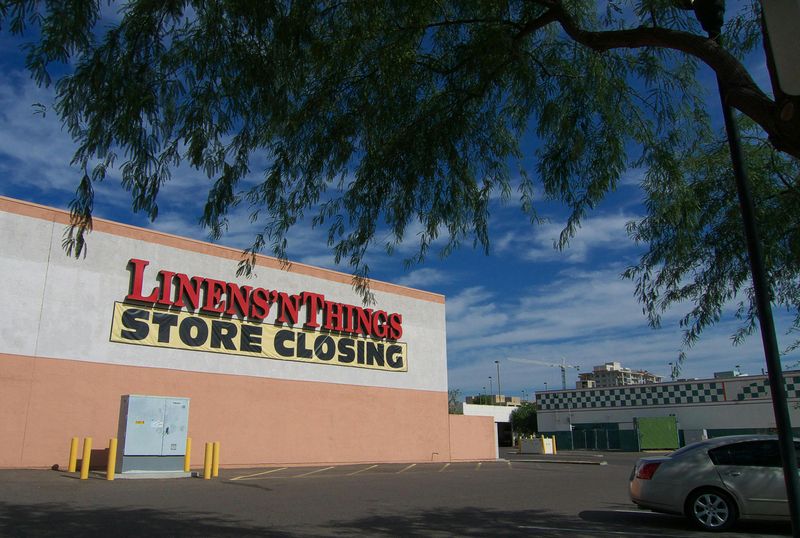
Linens ‘n Things was a home decorator’s dream, offering stylish and functional goods for every room. From cozy bedding to chic kitchenware, it was a must-visit for anyone looking to spruce up their living space.
Affordable yet elegant, the store struck a balance between quality and price. But with the rise of big-box home retailers and online giants, Linens ‘n Things struggled to keep up.
Despite several efforts to reinvent itself, the chain eventually closed, leaving behind memories of leisurely browsing for the perfect home accents.
15. Miller’s Outpost
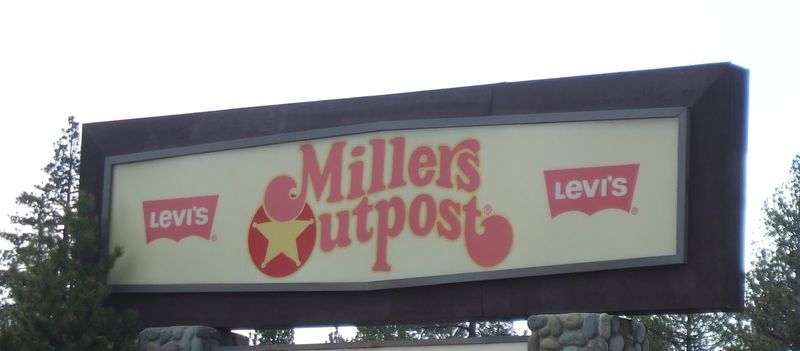
Miller’s Outpost was the epitome of cool for teenagers in the 1980s and 1990s. Known for its vast collection of denim and casual clothing, it became the preferred destination for young fashion enthusiasts.
The store was a pioneering force in popularizing denim jeans, offering a variety of styles that appealed to the youth. Its shelves were lined with the latest trends, ensuring teenagers looked their best.
Sadly, Miller’s Outpost couldn’t keep up with the ever-evolving fashion industry and was eventually rebranded, marking the end of an era for mall shoppers.
16. Anchor Blue

Anchor Blue was a favorite stop for teens and young adults searching for casual, trendy fashion. Known for its focus on denim and laid-back styles, it provided affordable looks that fit the vibe of the times.
Whether shopping for the latest jeans or a graphic tee, Anchor Blue was a staple in malls across America. However, with the rapid rise of fast fashion brands and online shopping, Anchor Blue couldn’t keep pace.
Though its stores are long gone, for many who grew up in the early 2000s, Anchor Blue remains a nostalgic reminder of youthful style and carefree shopping trips.
17. Steve & Barry’s
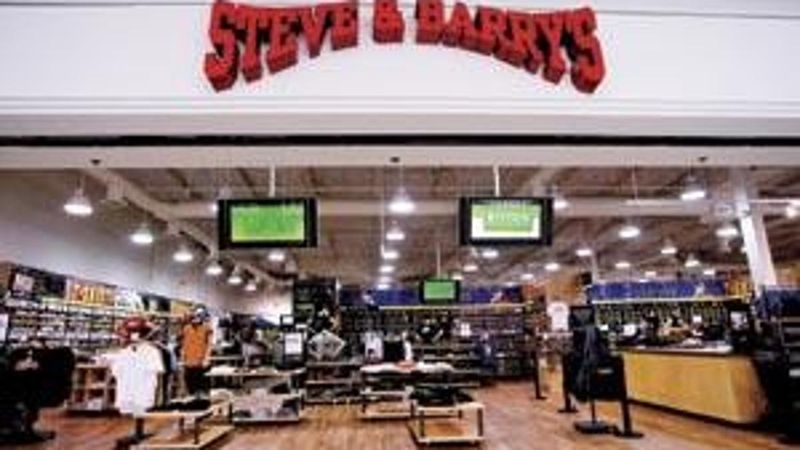
Steve & Barry’s was a retail gem, offering affordable apparel that didn’t compromise on style. Known for its college-themed clothing, it was a hit among students and budget-conscious shoppers.
The store’s appeal lay in its ability to offer trendy designs at unbeatable prices, making fashion accessible to all. However, financial difficulties and market shifts posed significant challenges.
Efforts to expand couldn’t overcome the hurdles, leading to its closure. Steve & Barry’s is fondly remembered by those who appreciated its commitment to value and style.
18. Ames Department Stores
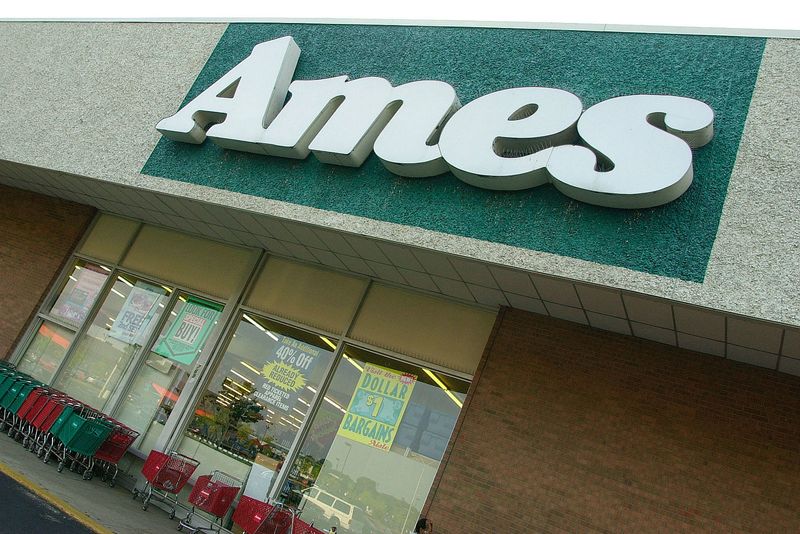
In small towns and suburbs, Ames was the local answer to big-city department stores. Offering everything from clothes to home goods, it was a trusted place to shop on a budget.
Known for its down-to-earth vibe and affordable prices, Ames served communities that might not have had access to larger national chains. But as retail giants expanded and online shopping took off, Ames faced mounting challenges.
Despite loyal customers, it eventually closed. Even so, Ames remains a fond memory for many who remember browsing its aisles with family for life’s everyday essentials.
19. Caldor
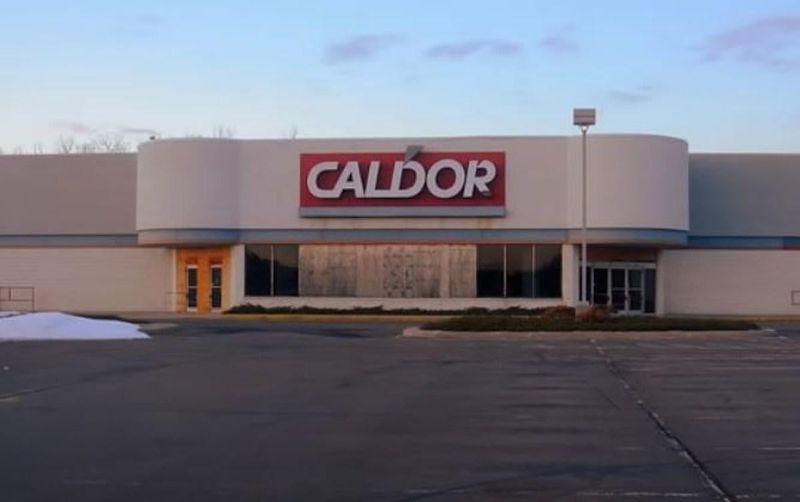
Caldor was a beloved discount department store, known for its wide selection of apparel and household goods. Its vibrant atmosphere and competitive prices made it a favorite among families.
The store excelled in offering quality products at affordable rates, catering to a diverse customer base. However, financial challenges and competition from larger retailers led to its decline.
Despite efforts to restructure, Caldor eventually closed its doors. It remains a fond memory for those who enjoyed its lively shopping experience.
20. CompUSA
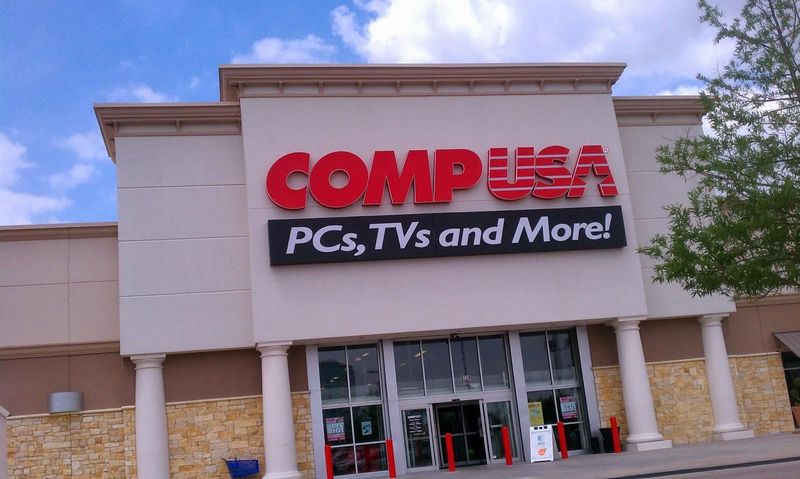
CompUSA was a haven for tech enthusiasts, offering a wide range of electronics, software, and accessories. Whether you needed a new computer or help building one, CompUSA was the place to go.
Its shelves were stocked with cutting-edge gadgets, and the knowledgeable staff were ready to assist customers navigating the latest tech. But with the explosion of online retailers and rapid shifts in technology sales, CompUSA struggled to keep up.
Though the stores are gone, CompUSA is fondly remembered by those who loved walking the aisles and dreaming up their next tech project.
21. Zellers
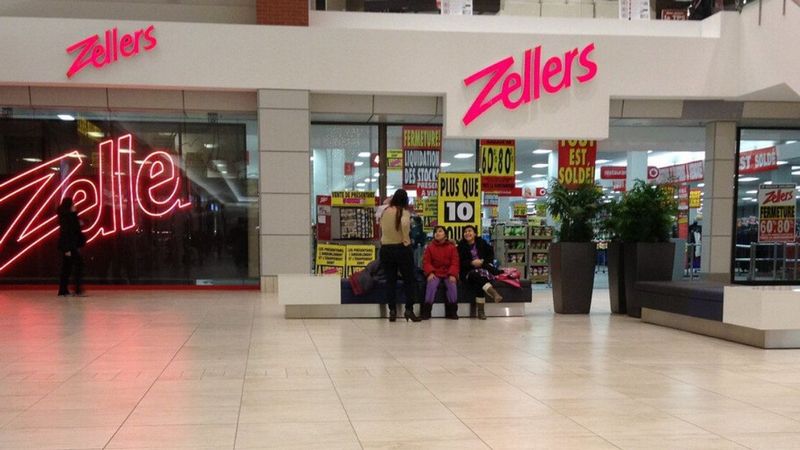
Zellers was a Canadian retail icon, known for its wide selection of clothing, home goods, and everyday essentials. Its friendly service and community focus made it a beloved destination for families.
The store excelled in providing quality products at affordable prices, catering to a diverse customer base. However, increased competition and economic challenges posed significant hurdles.
Efforts to revitalize the brand were unsuccessful, leading to its closure. Zellers remains a cherished memory for Canadians who valued its community-oriented approach and affordability.
22. Bradlees
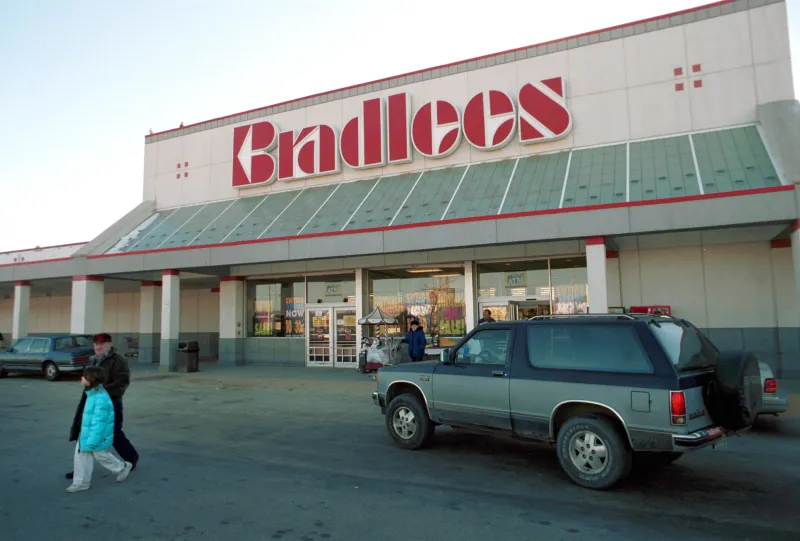
Finally, Bradlees was a beloved discount department store known for its wide range of products, from clothing to electronics. Its welcoming layout and affordable prices made it a family favorite in suburban malls.
Shoppers loved Bradlees for its regular sales and straightforward shopping experience, making it a go-to spot for families on a budget. But as competition from larger chains intensified, Bradlees struggled to keep its footing.
Though the chain eventually shuttered, for many, it remains a nostalgic symbol of a simpler time in retail, when a trip to the store was an event in itself.
